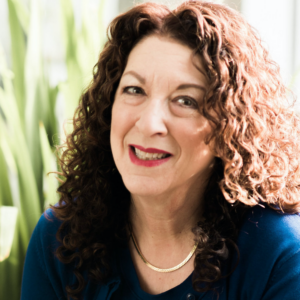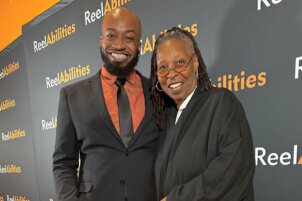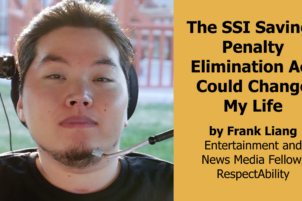
Shelly Christensen
No one does this alone. No one.
More than twenty years ago, I was directing a program aimed at faith communities to raise awareness and guide them to include people with disabilities in communal life. I did a lot of public speaking in this role, and occasionally an audience member would approach me after my talks, waiting a bit nervously until everyone else had spoken with me. Often, the question that they wanted to ask was, “does the inclusion work you do include people living with a mental health condition?”
I felt uncomfortable answering this question. I saw hope in peoples’ eyes. I didn’t want to disappoint them, but the truth was, I stayed as far away from mental health in my talks as possible. Somehow mental health was completely different than disability inclusion.
I just danced around the question, wanting to answer “yes,” but not knowing what to say. The agency I worked at provided counseling and support to people living with a mental health condition, so I gave referrals. The question of including people with a mental health condition in faith communities was something I didn’t know how to answer. I avoided even thinking about it.
Until a mental health diagnosis affected me personally. A few years after I started working for the disability inclusion program, I noticed feeling exhausted most of the time, slogging through my daily activities as a wife, mother, and professional. What had energized and motivated me before now dragged me down. Whatever was affecting my mood was not something I could handle on my own. I sought help from a mental health professional.
I was diagnosed with depression and anxiety disorder. It was then I realized that I had felt this way since I was a teen. What I didn’t realize was the seasonality of my depression. I live in Minnesota where we have months of darkness and cold. Seasonal Affective Disorder is real and no amount of “bucking up” or ignoring it was going to chase it away. With medication and therapy, I am thriving.
At first it was difficult to talk about my mental health with people other than my immediate family and close friends. I didn’t want other people to look at me and think, “she’s mentally ill.” Stigma about mental illness limited my comfort in sharing my story. I decided to keep that information private. Until I started writing a new book.
I was in the process of writing, “From Longing to Belonging: A Practical Guide to Including People with Disabilities and Mental Health Conditions in Your Faith Community.” The title of the book itself is reflective of how I’d grown in my attitudes and beliefs about mental health. In the chapter on supporting people with a mental health condition, I wrote about my own diagnosis. I began to talk about it in presentations, and many conversations started because when I shared my experiences, others felt safe to share their experiences as well.
Mental Health Awareness Month should get all of us thinking about the other eleven months. It begins with seeing the person, not the diagnosis. Living with depression and anxiety is a part of my story, of many peoples’ stories, yet it isn’t the whole picture. Not by a long shot. We are all so much more than a diagnosis.







